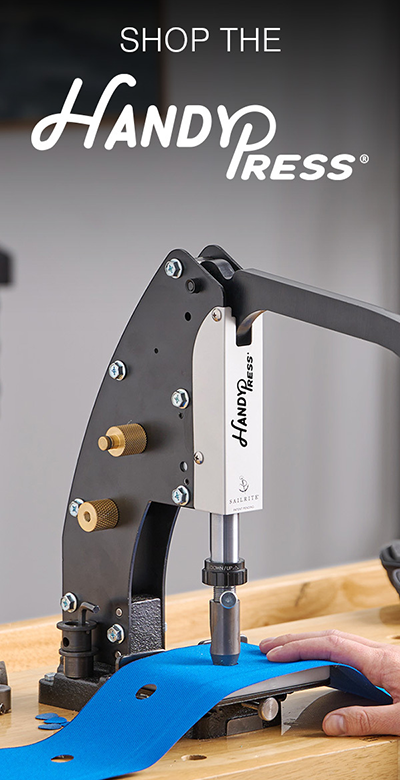Performance Cruising Inc.
Performance Cruising Inc. (PCI), founded in 1976 by British expatriate naval architect Tony Smith and his wife Sue in Annapolis, Maryland, emerged as a vanguard of the multihull revolution, specializing in affordable, trailerable catamarans that challenged monohull orthodoxy and democratized coastal cruising for novice sailors. Relocating from England's nascent multihull scene—where Smith had pioneered the folding Telstar trimarans—PCI repurposed fire-ravaged molds in 1981 to launch the groundbreaking Gemini 3000 (later Gemini 31), the first U.S.-produced production catamaran with a narrow 14-foot beam for standard marina slips, shallow 18-inch draft, and innovative leg-drive outboard propulsion, achieving 6-7 knots motoring while displacing just 6,200 pounds for effortless trailering. Over three decades, the firm iterated relentlessly: the refined Gemini 3200 (1990s) with improved hull shaping for better upwind performance; the wildly successful Gemini 105M (1996–2010, over 1,200 units built) featuring vacuum-bagged vinylester construction to eliminate blistering, standing headroom, and spacious two-cabin layouts for family voyages; the 105Mc variant with composite keels for blue water aspirations; and the upscale Legacy 35 (2005), blending luxury finishes with 35-foot LOA for extended passages. Emphasizing simplicity, safety (e.g., watertight collision bulkheads), and value—often under $200,000 new—PCI sold hundreds annually, fostering a vibrant owner community through regattas and factory-direct support. Amid the 2008 recession, the company shuttered in 2010 after producing over 1,500 vessels, only to resurrect under Hunter Marine (2010–2012) and later Catalina Yachts (2014–present), where production of the 105Mc endures with modern enhancements like solar integration and carbon reinforcements, sustaining Smith's vision of accessible, seaworthy multihulls into the 2020s.
| Name | Builder | Year Built ▲ | Length | |
|---|---|---|---|---|
| Performance Cruising Inc. | n/a | 34.4 ft | ||
| Performance Cruising Inc. | n/a | 32.0 ft | ||
| Performance Cruising Inc. | n/a | 33.0 ft |



